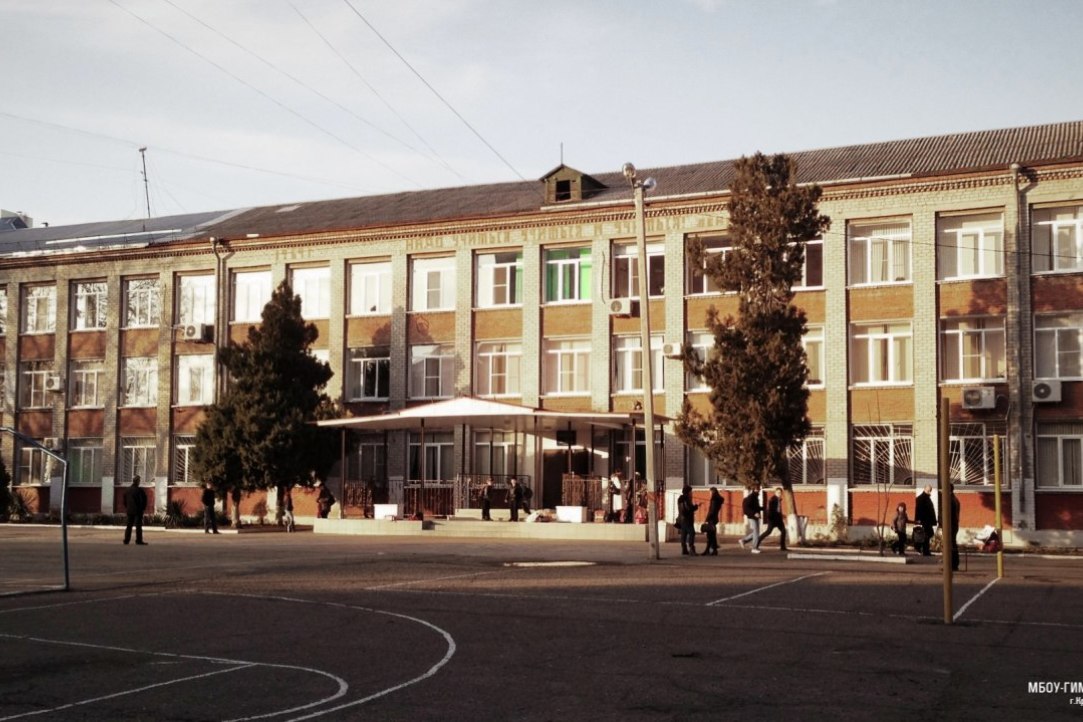
Divorce According to Plan: Who Ends Relationships Most Often—And Why
Citing data from Russia’s largest international sampling study, HSE demographers have shown that women are more likely than men to consider divorce and are more determined to end their marriage. They also found that young couples are more likely to be unhappy with their relationship. The report was prepared for the XXI April International Academic Conference on Economic and Social Development at HSE University.

Fashion Designers in a Country of Shortages
Why was there always a shortage of fashionable clothing in the USSR? What was the typical career path for a Soviet fashion designer? Who had power and influence in the socialist fashion industry? HSE Associate Professor Yulia Papushina examined these questions by reconstructing the everyday life of the Perm Fashion House during the late socialism era. Her study is the first to look into the recent history of clothing design and manufacturing in Russian provinces.

It's All about Social Capital
Multiple factors determine how well immigrants can adapt to living in a new country. According to research, the key factors are social capital, i.e. having friends who can help with housing, employment and other basic needs, and the immigrant's approach to becoming part of their new community and culture (i.e. acculturation attitudes and strategies). A team of HSE researchers examined the relative importance of social capital and acculturation strategies for successful adaptation of immigrants from Central Asia and South Korea living in Moscow.
.jpg)
The Caucasus without a Cap
Global warming has caused the total area of more than 600 Greater Caucasus glaciers to drop by approximately 16%, according to an international research team that includes Stanislav Kutuzov, geographer from HSE University. Glaciers without rock debris coverage have decreased more than those with debris coverage.

Unequal Access Codes: What Helps and What Hinders Access to Good Education in Russian Regions
Researchers at the HSE Institute of Education have used regional data to describe, for the first time in Russia, how inequality in access to education affects different parts of the Russian Federation. The research findings reveal that the key determining factors are the local economy and the proportion of people with a university degree: urbanised regions with well-developed economies and educated inhabitants are more likely to have good-quality schools, with a large proportion of students scoring highly in the Unified State Exam and going on to university. In contrast, poorer regions with low human capital see many of their school students drop out after the 9th grade, limiting their chances of further education.

Polymer Films Pass Electron Gun Test
HSE researchers, jointly with colleagues from the RAN Institute of Organoelement Compounds and the RAN Institute of Physical Chemistry and Electrochemistry, have studied the properties of a polyarylene ether ketone-based copolymer (co-PAEK) for potential space applications. Co-PAEK films are highly resistant to electrostatic discharges caused by ionizing radiation and can thus be used as protective coating for spacecraft electronics. The study findings have been published in Polymers.

Male Privilege: How Job-Related Training Perpetuates Gender Inequality
Additional certification and training courses can not only affect an employee’s pay grade and career, but their sense of control over their life. Employees who have ‘upgraded’ their professional knowledge and skills find it easier to manage problems both in their personal lives and in the workplace. However, the trend does not hold equally for men and women. A study by Natalia Karmaeva and Andrey Zakharov of the HSE Institute of Education shows that men reap more benefits than women.

Growing Up across Generations
Getting an education and a job, leaving the parental home and starting a family are some of the the milestones of growing up. For Russians in their thirties today, these stages do not necessarily follow a pre-set sequence and often overlap. In contrast to their parents, linear and predictable biographies are increasingly rare among Russian millennials, whose lives tend to look more like a patchwork of diverse events than a straight line. Some of these events, especially childbirth, often get postponed until later in life. For young Russians today, having children tends to be the last stage in their own transition to maturity, according to demographer Ekaterina Mitrofanova.

Scarcity Trauma: Why Russia in the 1990s Was not Nostalgic about Soviet Life
In 2001, ten years after the launch of reforms in Russia, 54% of Russians believed the main achievement of the reforms was the availability of consumer goods, rather than freedom of speech or the possibility of travelling abroad. A decade later, public attitudes had not changed, and the availability of goods on store shelves was still perceived as the number one priority. The massive trauma caused by scarcity was particularly strong. How it was addressed and in what way it influenced public attitudes after the USSR collapse is examined in a study by HSE professor Oleg Khlevnyuk.

Free Will or Fate? Why Russian Children Rarely Switch Schools
Unlike many other countries, Russian children’s educational path is decided from an early age. Starting with the first grade, parents try to send their children to schools where they can remain until they graduate after either the 9th or 11th grades. Moreover, many families do not use the opportunity available to them to transfer their children to a better school partway through their education. The result is that inter-school mobility remains low and a child’s educational path is often hard-wired early on, HSE University sociologists in St. Petersburg found.


Application deadline: June 23, 2025